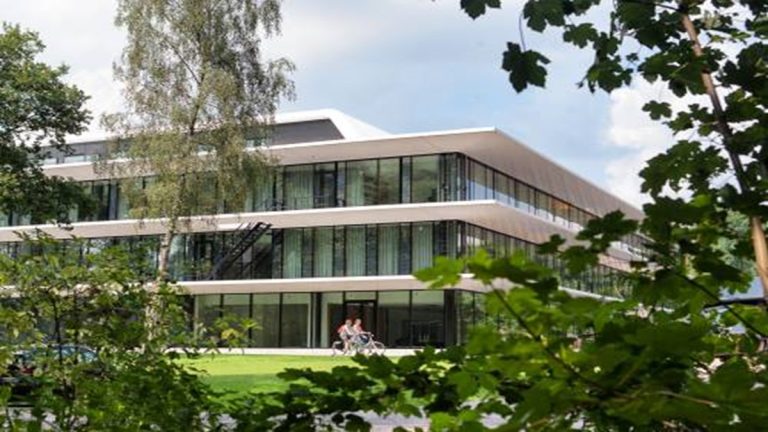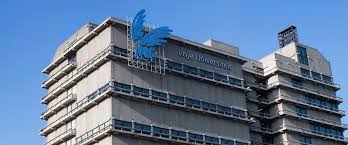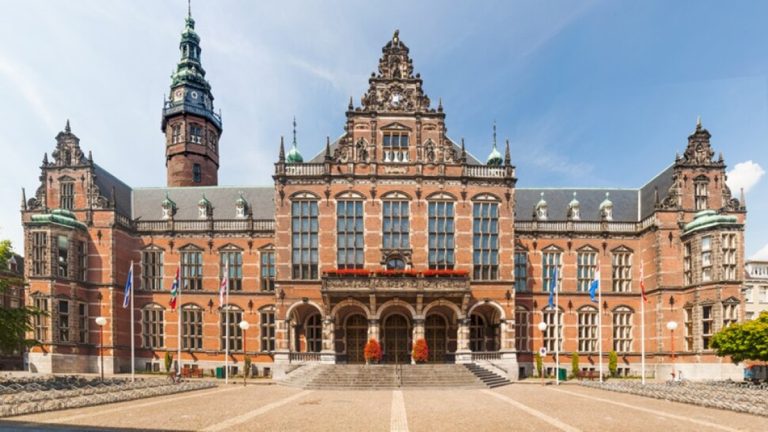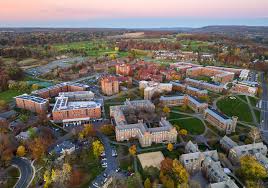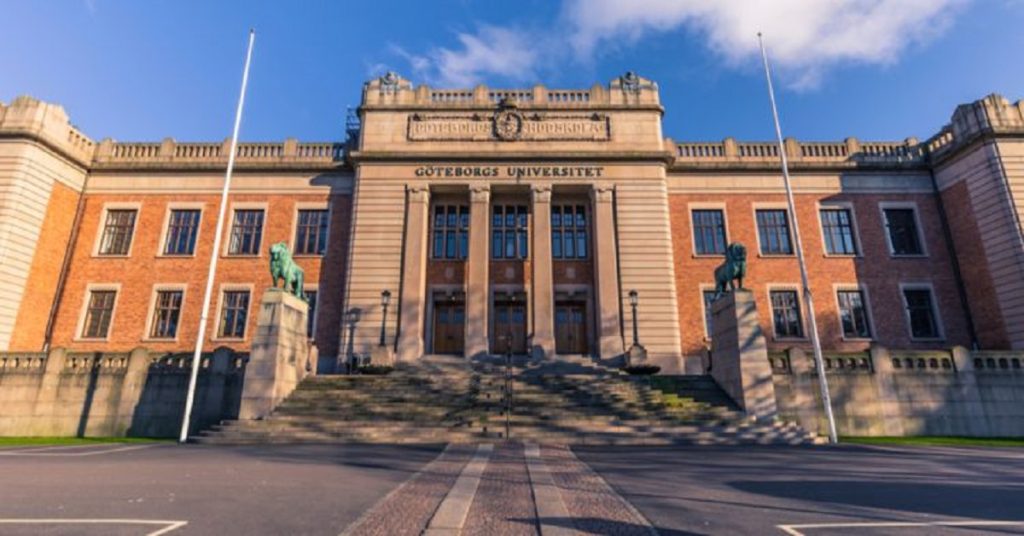
The University of Gothenburg tackles society’s challenges with diverse knowledge. 56 000 students and 6 600 employees make the university a large and inspiring place to work and study. Strong research and attractive study programmes attract researchers and students from around the world. With new knowledge and new perspectives, the University contributes to a better future.
The Department of Chemistry and Molecular Biology conducts high-quality research and education in chemical sciences and molecular life sciences. Our research and education focuses on a deep understanding of chemical and biological processes in cells and in the environment. We are responsible for postgraduate education in the subject area Natural Sciences with a focus on chemistry, biophysics, biology and educational science. In addition, the department hosts educational programs in molecular biology, genomics and systems biology, chemistry, organic chemistry and pharmaceutical chemistry, as well as prescription education. The department is an international environment with interdisciplinary collaborations in both research and education and contributes strongly to the University of Gothenburg’s top ranking in life science. We are located in central premises at Natrium, Medicinareberget, Gothenburg.
In the research group of Prof. Börjesson, the fundamentals of photophysical systems are studied. Furthermore, new concepts within photophysical chemistry are derived, and physical-organic chemistry methodologies are used to build materials for tomorrow. The competence of the group involves both the synthesis of complex molecules and the photophysical/electrical characterization of the molecular based systems. Most often we are working with organic molecules and even though each molecule can perform a task on its own, our aim is not to use the single molecules but ensembles of molecules to create materials for the future. In this ERC consolidator grant project, your task is to synthesize organic dyes that are optimized for strong exciton-photon coupling. The project is multidisciplinary by nature, and you will work together with spectroscopists to learn to understand how strong interactions affect molecular photophysics. Here a special focus is put on ultra long-range energy transfer, which is a process that could revolutionize how organic solar cells are constructed. For more information on the group see: Karl Börjesson | University of Gothenburg (gu.se)
Duties
Practical work tasks are to design, synthesize, and characterize organic dyes. These research tasks are performed in close discussion with other group members, this to build molecules that can answer our research questions, which typically involves strongly coupled systems.
Qualifications
Required education, knowledge and experience, personal qualities
PhD in chemistry with a focus of organic chemistry
Excellent knowledge of English (must have written scientific manuscripts)
Must have extensive experience in running high-quality research projects. Experience will be judged on the quality of scientific articles of which the applicant is the first author.
Merit education, knowledge and experience, personal qualities
Meritorious knowledge includes knowledge that is not necessary but good to have in order to understand the project. It includes general knowledge in photophysics of dyes and optical spectroscopy.
Employment
The employment is a fixed term during 2 years, Postdocktorsavtalet, fulltime, 100% at the Department of Chemistry and Molecular Biology
Contact information for the post
If you have any questions about the position, please contact professor: Karl Börjesson, e-mail: karl.borjesson@gu.se
Unions
Union representatives at the University of Gothenburg can be found here: https://www.gu.se/om-universitetet/jobba-hos-oss/hjalp-for-sokande
Application
To apply for a position at the University of Gothenburg, you have to create an account in our recruitment system. Submit your application via the University of Gothenburg’s recruitment portal by clicking the “Apply” button. It is your responsibility to ensure that the application is complete as per the vacancy notice, and that the University receives it by the final application deadline.
The application shall include:
- Diploma and transcripts showing that you meet with the general entry requirement – this need to be translated by an authorized translator.
- CV
- Personal letter
- Two references (name, e-mail, telephone number, relation)
Applications must be received by: 2024-11-26
The University works actively to achieve a working environment with equal conditions, and values the qualities that diversity brings to its operations.
Salaries are set individually at the University.
In accordance with the National Archives of Sweden’s regulations, the University must archive application documents for two years after the appointment is filled. If you request that your documents are returned, they will be returned to you once the two years have passed. Otherwise, they will be destroyed.
In connection to this recruitment, we have already decided which recruitment channels we should use. We therefore decline further contact with vendors, recruitment and staffing companies.
Apply
